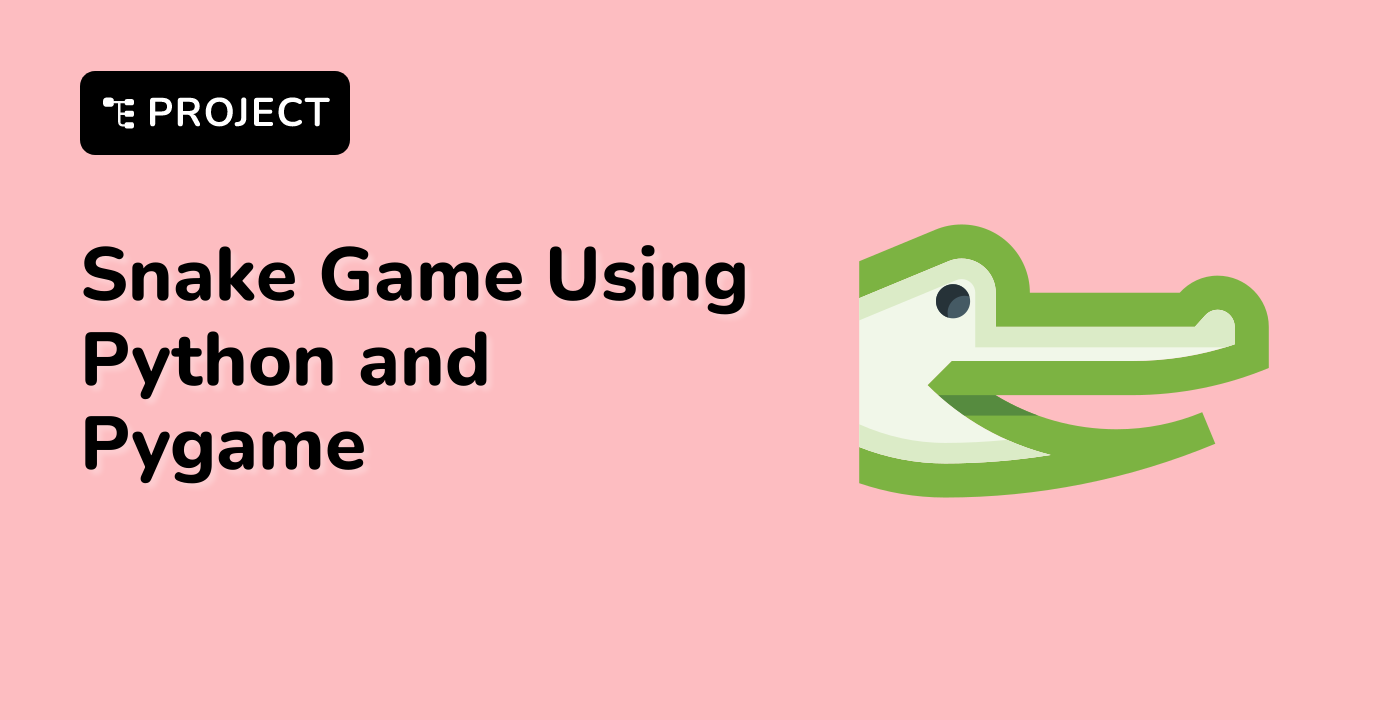Real-World Iterator Use Cases
Iterators in Python have a wide range of applications in real-world scenarios. Here are some common use cases where iterators can be particularly useful:
File I/O
Iterators are commonly used for reading and processing data from files. By using an iterator, you can read and process the file's contents one line at a time, rather than loading the entire file into memory at once. This is especially useful for working with large files or streams of data.
with open('large_file.txt', 'r') as file:
for line in file:
process_line(line)
Database Queries
Iterators can be used to efficiently fetch and process data from databases. Many database libraries, such as SQLAlchemy, provide iterator-based interfaces for executing queries and retrieving results.
from sqlalchemy.orm import sessionmaker
from sqlalchemy import create_engine
engine = create_engine('sqlite:///database.db')
Session = sessionmaker(bind=engine)
session = Session()
for user in session.query(User).limit(100):
print(user.name)
Generators and Generator Expressions
Generators in Python are a type of iterator that can be used to create custom, memory-efficient data sequences. Generators are often used in conjunction with generator expressions to create powerful data processing pipelines.
def fibonacci(n):
a, b = 0, 1
for _ in range(n):
yield a
a, b = b, a + b
for num in fibonacci(10):
print(num)
Streaming Data Processing
Iterators are well-suited for processing large or infinite streams of data, such as sensor readings, log files, or real-time data feeds. By using iterators, you can process the data in a memory-efficient, on-the-fly manner, without the need to load the entire dataset into memory.
import requests
def fetch_data_stream(url):
with requests.get(url, stream=True) as response:
for chunk in response.iter_content(chunk_size=1024):
yield chunk
for chunk in fetch_data_stream('https://example.com/data_stream'):
process_chunk(chunk)
Lazy Loading and Caching
Iterators can be used to implement lazy loading and caching mechanisms, where data is fetched and processed only when it's needed, rather than all at once. This can be particularly useful in scenarios where the full dataset is too large to fit in memory or where the data is expensive to retrieve.
class LazyLoadingCache:
def __init__(self, data_source):
self.data_source = data_source
self.cache = {}
def __getitem__(self, key):
if key not in self.cache:
self.cache[key] = self.data_source[key]
return self.cache[key]
cache = LazyLoadingCache(large_dataset)
print(cache['item_1']) ## Fetches and caches the data for 'item_1'
print(cache['item_2']) ## Fetches and caches the data for 'item_2'
These are just a few examples of the many real-world use cases for iterators in Python. By understanding how to work with iterators and handle the StopIteration exception, you can write more efficient, memory-conscious, and scalable code for a wide range of applications.




